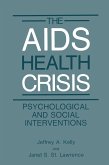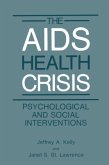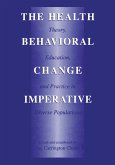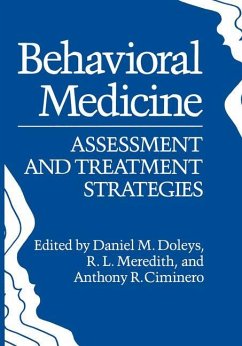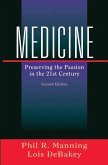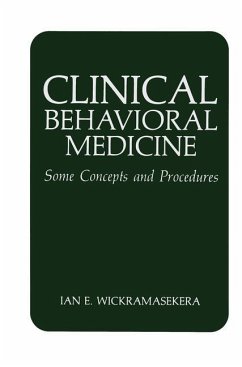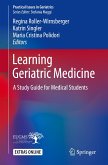Behavioral and Social Science in Medicine: Principles and Practice of Biopsychosocial Care provides state of the art reviews of the critical topic areas in undergraduate medical education identified in the 2004 Institute of Medicine (IOM) report, "Improving Medical Education: Enhancing the Behavioral and Social Sciences Content of Medical School Curricula." The text is supplemented by web-enhanced learning materials including linked case studies, PDA materials, a study guide, and other online supplementary materials designed to actively engage learners while allowing for adaptations to learner and/or program needs. Although this text meets essential specific knowledge objectives in multiple domains, it emphasizes a core biopsychosocial approach across all content domains. The text focuses on helping learners develop the skills necessary to integrate complex interacting health-related variables across multiple frames of reference. The textbook addresses each of the six IOM domains:
1) Mind-body interactions in health and disease - focuses on the four primary pathways of disease (biological, behavioral, psychological, and social). Students need to recognize and understand the many complex interactions among these pathways that may be compromising a patient's physical and/or mental health.
2) Patient behavior - centers on behavioral pathways to promoting health and preventing disease. Educating medical students about behaviors that pose a risk to health will better equip them to provide appropriate interventions and influence patient behavior.
3) Physician role and behavior - emphasizes the physician's personal background and beliefs as they may affect patient care, as well as the physician's own well-being.
4) Physician-patient interactions - focuses on the ability to communicate effectively, which, as noted above, is a critical component of medical practice.
5) Social and cultural issues in health care - addresses what physicians need to know and do to provide appropriate care to patients with differing social, cultural, and economic backgrounds.
6) Health policy and economics - includes those topics to which medical students should be exposed to help them understand the health care system in which they will eventually practice.
Currently, many medical educators are required to piece together readings and other teaching materials to satisfy the Liaison Committee on Medical Education (LCME) requirements for behavioral and social science content in medical education. This volume is designed to satisfy LCME content requirements with the latest evidence-based materials in the social and behavioral sciences.
1) Mind-body interactions in health and disease - focuses on the four primary pathways of disease (biological, behavioral, psychological, and social). Students need to recognize and understand the many complex interactions among these pathways that may be compromising a patient's physical and/or mental health.
2) Patient behavior - centers on behavioral pathways to promoting health and preventing disease. Educating medical students about behaviors that pose a risk to health will better equip them to provide appropriate interventions and influence patient behavior.
3) Physician role and behavior - emphasizes the physician's personal background and beliefs as they may affect patient care, as well as the physician's own well-being.
4) Physician-patient interactions - focuses on the ability to communicate effectively, which, as noted above, is a critical component of medical practice.
5) Social and cultural issues in health care - addresses what physicians need to know and do to provide appropriate care to patients with differing social, cultural, and economic backgrounds.
6) Health policy and economics - includes those topics to which medical students should be exposed to help them understand the health care system in which they will eventually practice.
Currently, many medical educators are required to piece together readings and other teaching materials to satisfy the Liaison Committee on Medical Education (LCME) requirements for behavioral and social science content in medical education. This volume is designed to satisfy LCME content requirements with the latest evidence-based materials in the social and behavioral sciences.


